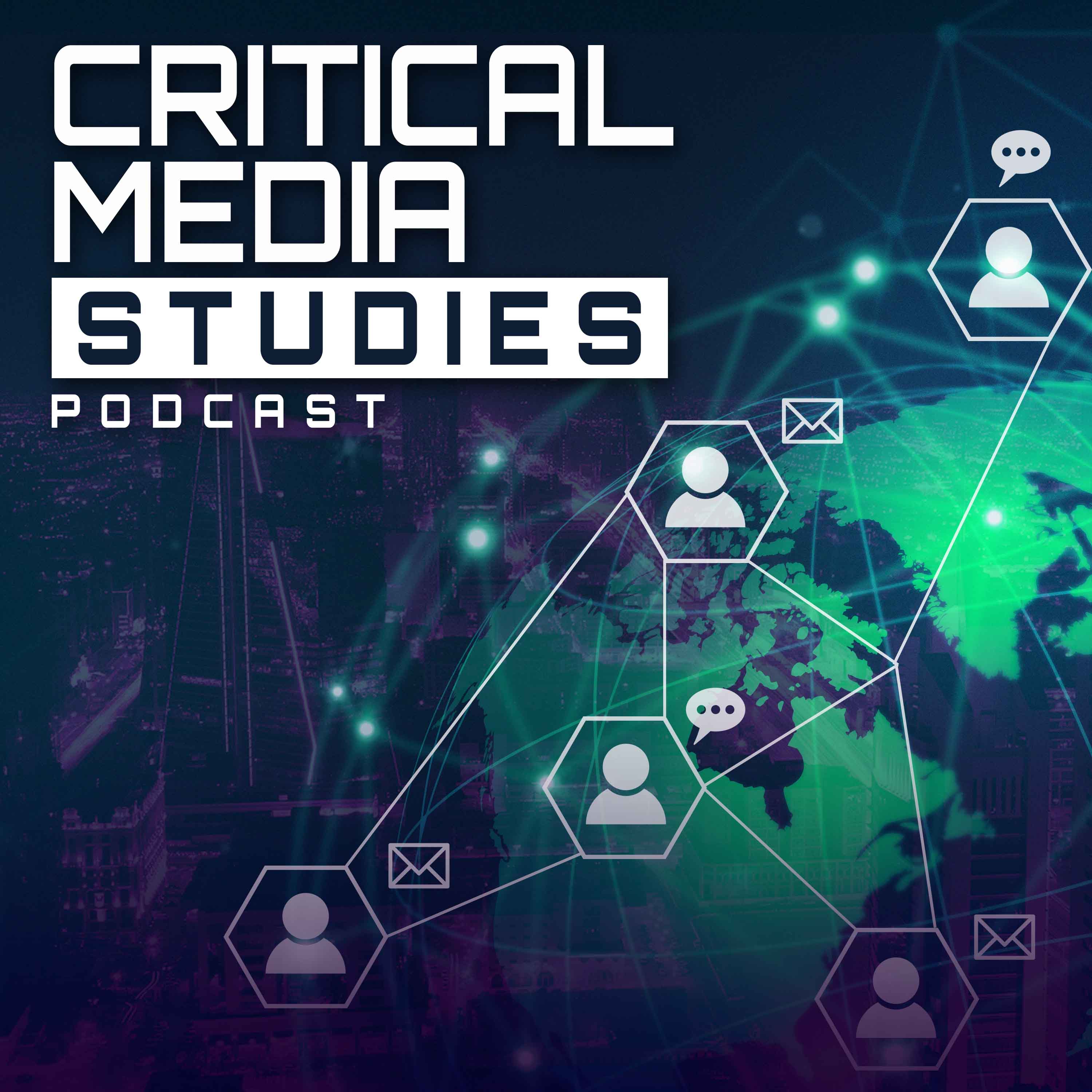

Critical Media Studies
Michael Repici
The Critical Media Studies podcast discusses the interplay of technology and culture from an academic perspective. In each episode we consider the work of a prominent thinker in the field of critical media studies and discuss the implications of their work in relation to other thinkers and in light of current social contexts.
Episodes
Mentioned books

Mar 1, 2024 • 45min
#61: Yanis Varoufakis - Technofeudalism
Barry and Mike discuss Yanis Varoufakis' book, Technofeudalism: What Killed Capitalism, and the challenge it presents to Marxist theories about global capital.

Feb 16, 2024 • 39min
Evgeny Morozov - Only Disconnect
In this episode Barry and Mike relate Evgeny Morozov’s 2013 New Yorker essay, “Only Disconnect” to their previous discussion of A. Romero’s meditation on boredom and distraction and the internet.

Feb 2, 2024 • 46min
Alberto Romero - The Most Important Skill in the 21st Century
In this episode Barry and Mike discuss “The Most Important Skill in the 21st Century,” Alberto Romero’s polemical defense of boredom in the media entertainment age. They discuss whether it’s possible to be bored today in the way that Romero seems to require.

Jan 19, 2024 • 1h 10min
Philip K. Dick - Do Androids Dream of Electric Sheep
In this episode Barry and Mike return to the earlier discussion of Sherry Turkle’s “Alone Together” and question her conclusion regarding the human/robotic distinction in light of PKD’s “Do Androids Dream of Electric Sheep?”

Jan 5, 2024 • 1h 1min
Sherry Turkle - Alone Together
In this episode Barry and Mike discuss Sherry Turkle’s “Alone Together” and her thesis, that though technology opens new possibilities for communication it simultaneously alienates us from each other, leaving us wanting for emotional connections. We wonder whether Turkle is right and whether authentic relationships are possible.

Dec 22, 2023 • 55min
Kazuo Ishiguro - Klara and the Sun pt. 2
In this episode Barry and Mike resume their discussion of Kazuo Ishiguro’s “Klara and the Sun.” They discuss how differences in class and education determine how the various characters relation to Kara as an embodiment of technology.

Dec 8, 2023 • 59min
Kazuo Ishiguro - Klara and the Sun pt. 1
Barry and Mike analyze Ishiguro's 'Klara and the Sun', exploring human-technological relationships, Clara's programmed interest in human emotions, unveiling darker aspects in an idyllic world, contrasting socio-economic backgrounds, and Clara's humanity and observant nature.

Nov 24, 2023 • 1h 4min
Marshall McLuhan - The Medium is the Massage: An Inventory of Effects pt. 2
In this episode Barry and Mike wrap up their discussion of Marshall McLuhan’s “The Medium is the Massage: An Inventory of Effects,” focusing on the question of education and media.

Nov 10, 2023 • 1h 19min
Marshall McLuhan - The Medium is the Massage: An Inventory of Effects
In this episode Barry and Mike discuss Marshal McLuhan’s seminal text, The Medium is the Massage: An Inventory of Effects. They discuss the form of the book and some of the key opening arguments.

Oct 27, 2023 • 1h 6min
John Law - Monsters, Machines, and Sociotechnical Relations
In this episode Barry and Mike discuss the three central issues raised by John Law in the introduction to his 1991 anthology, “Sociology of Monsters”: the problem of epistemology; the problem of the social; the problem of distribution. Law argues that the coming together of Sociology and STS (science, technology, society) offers an opportunity to address these issues in meaningful and ethical ways.


